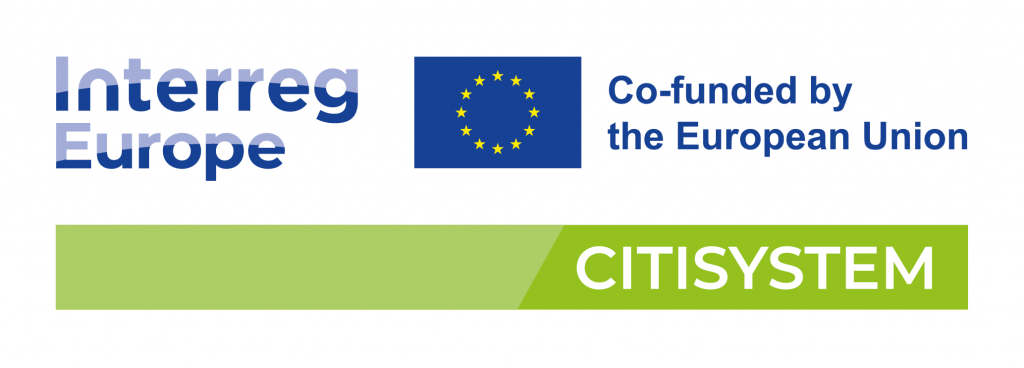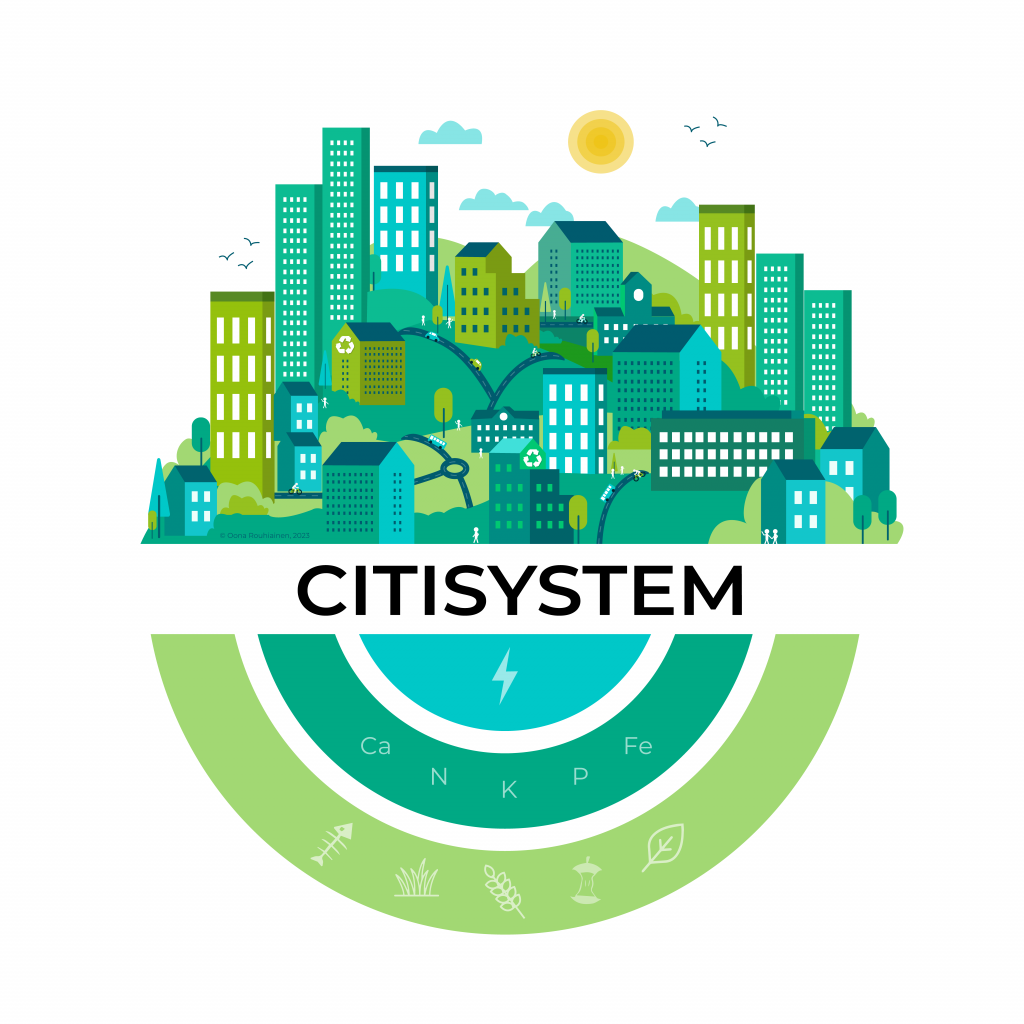
Supporting cities in sustainable biobased systemic change
Biobased material constitutes one of the largest waste streams in European cities, and a central concern is how to use these streams in a circular way.
According to the waste hierarchy, after prevention, the preferred options are reuse, recycling and use as an energy source. However, disposal still occurs. Biowaste’s potential in contributing to circularity is notable, because it provides valuable soil-improving materials, fertilisers and biogas. With a share of 34%, biowaste is the single largest component of municipal waste in the EU. The recycling of this biowaste is key to achieving the EU’s goal of recycling 65% of municipal waste by 2035.
Due to the underuse of bioresources, valuable resources are lost, both in terms of material and of energy and nutrients, which is the case when biowaste is disposed of mixed with municipal waste.
Supporting the use and circulation of biobased materials in nutrient and energy loops is more important than ever. The partners involved in the project share the desire to develop a biobased circular economy and aspire to provide systemic solutions that include effective and innovative ways of organising policies to support the biobased circular economy, the circulation of bioresources and the collection and processing of separated biowaste, and to ensure this waste is used as effectively as possible.
Objectives
The aim of the CITISYSTEM project is to support cities in promoting the biobased circular economy by increasing specific actions in urban areas and involving the community in learning about the nutrient and energy flows of their closest environment.
To achieve this main objective, CITISYSTEM proposes focusing change at both the community and system level. The idea is to carry out the following actions:
- Create circular economy solutions, such as organising the selective collection of biowaste, supporting the innovative use of biowaste in products and supporting the biogas and compost production process to promote local energy and nutrient loops.
- Increase awareness and understanding among communities and stakeholders of the importance of the regional biobased circular economy, that is, one that makes full use of regional resources.


Period
March 2023 - February 2027
Funding
1.476.343,00 € total
Area
International
Focus area
Circular economy
Related news
Citisystem: learning about circular economy in Belgium
Citisystem celebrates the third interregional meeting in Mechelen, Belgium The Citisystem project, which promotes the circular economy of cities, hold its third interregional meeting in
CITISYSTEM sustainable urban solutions present in the Smart City Expo World Congress
The project is to support regions and cities in promoting the bio-based circular economy The CITISYSTEM consortium has been present in the Smart City Expo
CITISYSTEM, the project to promote bio-circular economy solutions kick-starts
CERCA participates in the start-up meeting of the project, which took place in Lahti (Finland).






